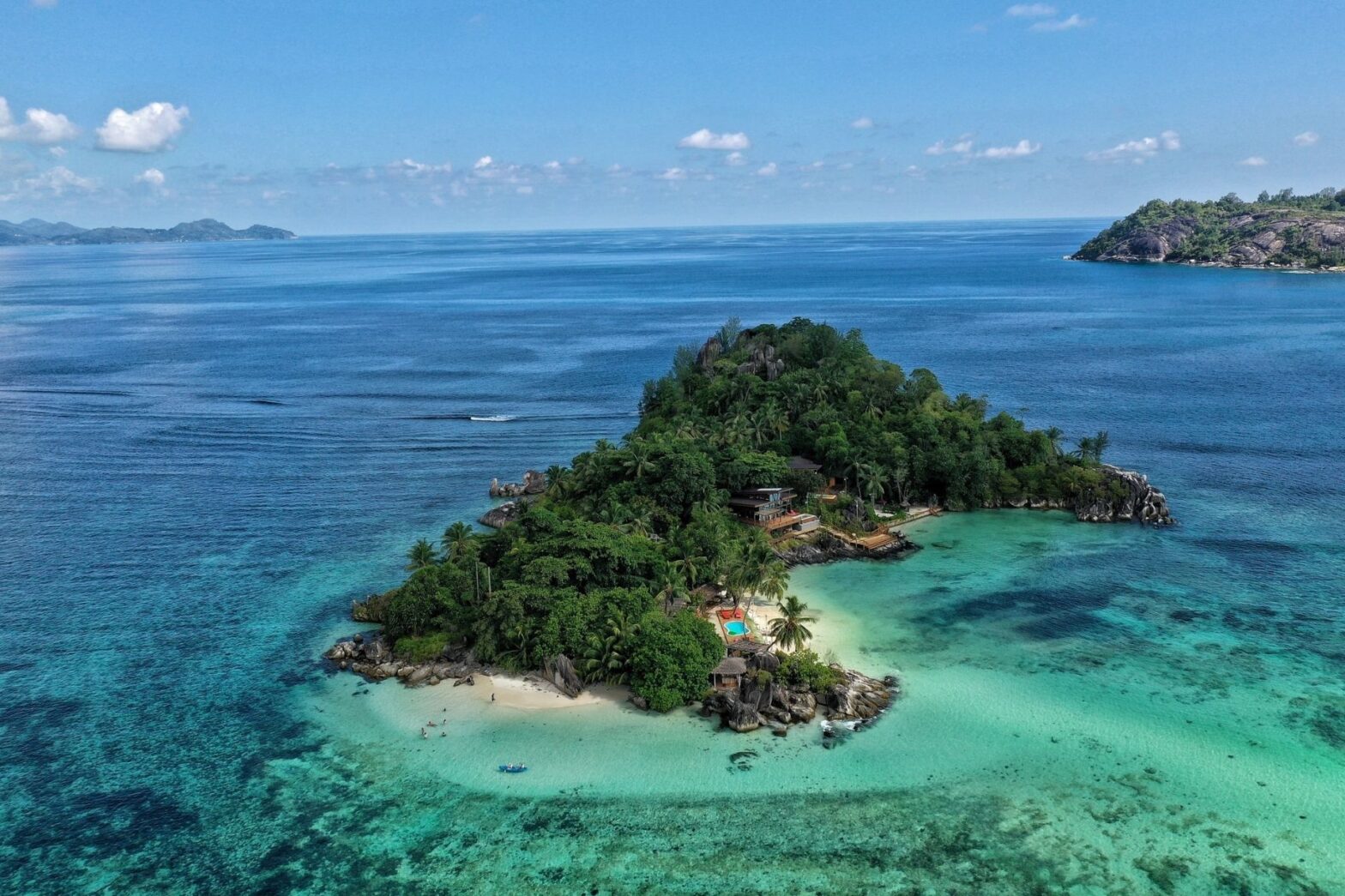Regardless of how magnificent travelling can be, it is not something that is encouraged in every country. Some countries have imposed restrictions, limiting tourism for various reasons. Some of the most common factors include preserving the country’s natural beauty, protecting cultural heritage, and addressing overcrowding issues. This article focuses on eight countries that discourage tourism by putting measures in place to limit tourist activities.
1. Greece: Santorini’s Struggle Against Overtourism
Greece is a tourist hotspot, and the Greek island Santorini is renowned for its whitewashed buildings and crystal-clear waters. This destination offers scenic views and a thrilling escape, but it does have its limitations. Santorini has experienced an influx of cruise ships and day-trippers, putting a strain on its infrastructure. To solve the issue of overtourism while allowing travellers to visit, the government imposed strict limits on daily cruise arrivals.
2. The Netherlands: Rethinking Amsterdam’s Tourism
In the Netherlands, Amsterdam has been a favourite for many travellers. Millions of people have been drawn to the city’s vibrant culture and liberal reputation, causing it to also experience its fair share of “nuisance tourists.” To combat the disruptive behaviour of unruly tourists, the authorities imposed strict measures like banning guided tours in the Red Light District and raising hotel taxes.

3. Peru: Protecting Machu Picchu
Machu Picchu in Peru also experienced over-tourism, prompting the authorities to impose measures to preserve the culture and protect the environment. Machu Picchu is a UNESCO World Heritage site with a rich history. One of the measures the government imposed includes limiting tourist visits to only 2,500 per day. Visitors who want to visit this destination must book in advance and have a licensed guide. This allows visitors to explore the history of Machu Picchu while preserving it.
4. Japan: Kyoto’s Call for Respectful Tourism
One of the most popular places to visit is Kyoto, Japan. This destination is renowned for its temples and geisha culture. The city combines tradition with modern living. Due to being a tourist hotspot, over-tourism negatively impacted its locals and infrastructure. To combat this, seasonal restrictions on popular routes were imposed. The city also implemented campaigns about proper etiquette to promote positive behaviour from tourists.
5. Croatia: Dubrovnik’s Battle Against Crowds
Croatia’s Dubrovnik is renowned for being the filming location for Game of Thrones. This popular spot received a surge of visitors. This caused overcrowding, which disrupted the daily lives of the residents and put areas like the city’s historic Old Town at risk. The authorities responded to this challenge by imposing daily limits and monitoring the number of visitors through surveillance cameras.

6. Seychelles: Safeguarding a Fragile Paradise
The Seychelles is everyone’s dream tropical paradise. The destination boasts pristine beaches and rich biodiversity. Due to its fragile ecosystem, the authorities imposed measures to preserve its beauty. The measures include strict environmental standards for hotels and limiting new infrastructure projects to ensure that the stunning island remains unspoiled.
7. Iceland: Managing the Impact of Rapid Growth
Iceland boasts unique landscapes that allure millions of visitors. The country’s popularity resulted in overcrowding, which impacted the environment. The authorities tackled this challenge by increasing entrance fees at natural attractions. The government also promotes sustainable tourism practices to preserve the beauty of the landscapes. By addressing this issue, they ensure that locals and visitors can continue to enjoy the scenic views in Iceland in the future.
8. Bhutan: High-Value, Low-Impact Tourism
Bhutan adopted a “high-value, low-impact” tourism model long ago. This destination imposed measures so that visitors pay a daily fee, which covers accommodations, meals, and guides. This fee goes back into the development and preservation of the country. As a result, tourists explore the beauty, culture, and history of the country while contributing towards protecting its environment.

